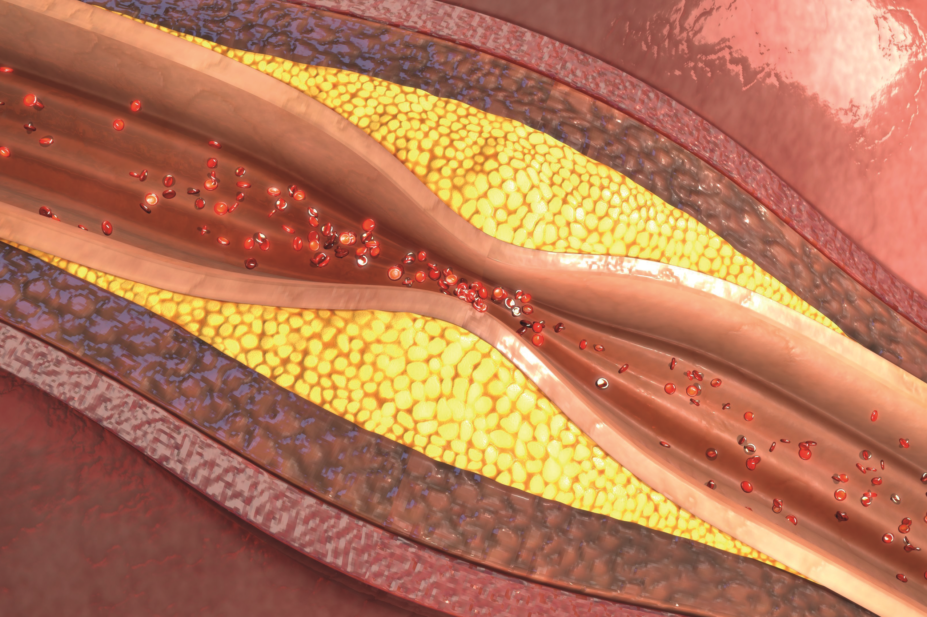
Shutterstock.com
There are a number of potential interventions for improving patients’ adherence to lipid-lowering drugs, such as statins, but the relative effectiveness of these interventions is unknown.
A recently published Cochrane Review (online, 21 December 2016)[1]
looked at 35 randomised trials of interventions to enhance adherence to lipid-lowering therapy involving 925,171 patients.
The analysis showed that interventions classified as “intensified patient care” — such as electronic reminders, pharmacist-led interventions and patient counselling — resulted in improved long-term adherence (odds ratio 2.87, 95% confidence interval [CI] 1.91 to 4.29) compared with standard care. Total cholesterol decreased by a mean of 17.57mg/dL (95% CI 14.95 to 20.19) over the long term.
There was no consistent evidence to support other types of intervention, which included drug regimen simplification, complex behavioural approaches and an automated telephone intervention.
The researchers conclude that where teams of healthcare professionals implement “intensified care” interventions, a reduction in cardiovascular disease burden might be seen.
References
[1] van Driel ML, Morledge MD, Ulep R et al. Interventions to improve adherence to lipid-lowering medication. Cochrane Database of Systematic Reviews 2016;12:CD004371. doi: 10.1002/14651858.CD004371.pub4


